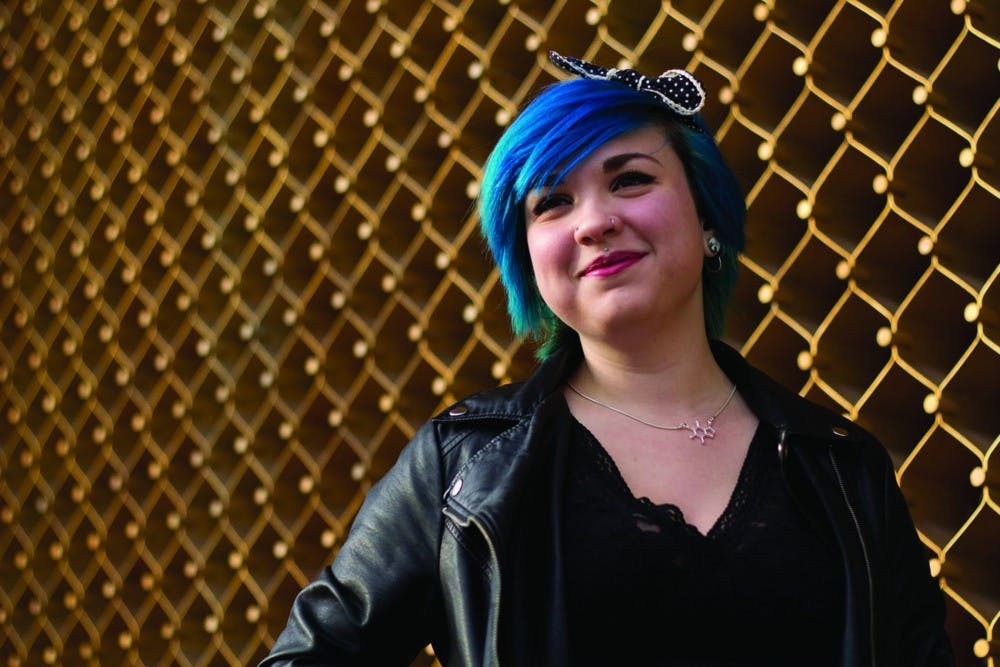While some students are getting called in to waitress, Brittany Clark gets phone calls from the police, hospitals and hospices to drive to a crime scene and investigate dead bodies. A junior at USC, Clark is studying biology, chemistry, Spanish and criminal justice, as well as interning at the Lexington coroner’s office. I decided it was my turn to put on the gloves and examine how she became interested in this field.
TV shows are the first thing most people think of when it comes to forensics. Popular shows include “Law & Order: Special Victims Unit,” “CSI: Crime Scene Investigation” and “Bones.” “I spent most of my childhood watching Court TV with my mom. By age 8, I was pretty set on a career in forensics,” Clark says. She is quick to say forensics is very different from how it is portrayed on screen. “TV shows tend to build up on the drama, but in real life, it’s very analytic,” she says. Clark will get a phone call from the police to check out the body at a crime scene, but analysis usually requires a more in-depth look in the office.
Clark is able to look at bodies and compartmentalize, seeing purely the scientific side of things. “I’m a pretty analytical person,” she says. “I don’t usually get tied up in the emotional aspects of it.” Perhaps due in part to stereotypes of women as being too emotional, they are scarce in this career. Clark works with a few women in the coroner’s office; however, in most places, it is a challenge for a woman to get the job. “A counselor once told me that I might want to pursue a different field, since forensics is primarily a male-dominated profession. It hasn’t held me back one bit,” she says.
Another common idea associated with coroners is a fascination with death, but Clark simply notes, “Everyone has their quirks.” Clark’s quirk is that she loves comic books, especially the character Thor. She particularly relates to Thor’s younger brother, Loki. She, like him, is a bit mischievous. Clark says that not taking things too seriously is how she stays in this field.
On the other hand, there are some serious recurring problems in society that she sees regularly, such as physical and mental diseases. Clark says,
“The media would rather broadcast the homicides, which makes it seem like a more pressing issue. In America, you have a higher chance of dying from cancer or obesity than you do of being murdered. The media will always downplay the effects of illness. The mentally ill in this country aren’t being treated with due respect and care. A lot of times, their illnesses often go mistreated, if even treated at all. Mental health can eventually deteriorate the body.”
Though she loves her internship with the coroner’s office, Clark hopes to become a forensic pathologist. She plans to move to New York City after graduation and attend NYU to continue her studies.



